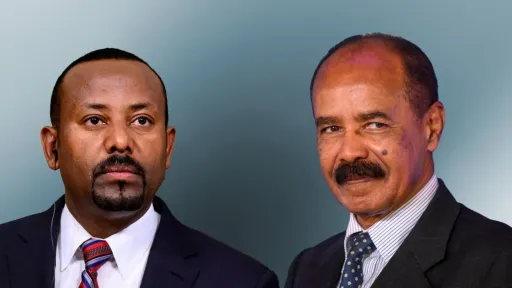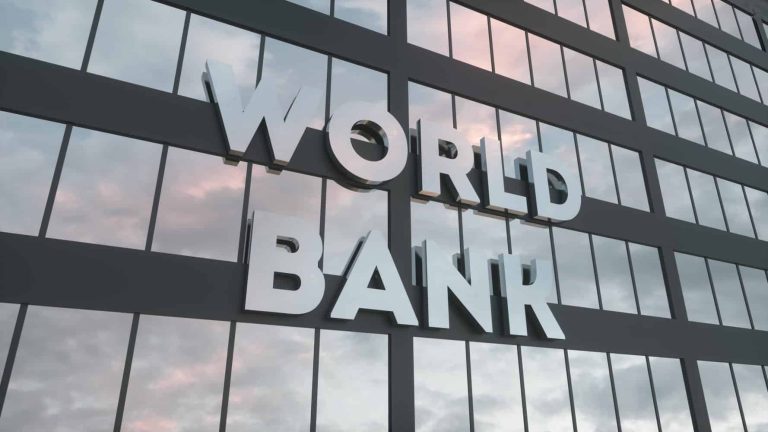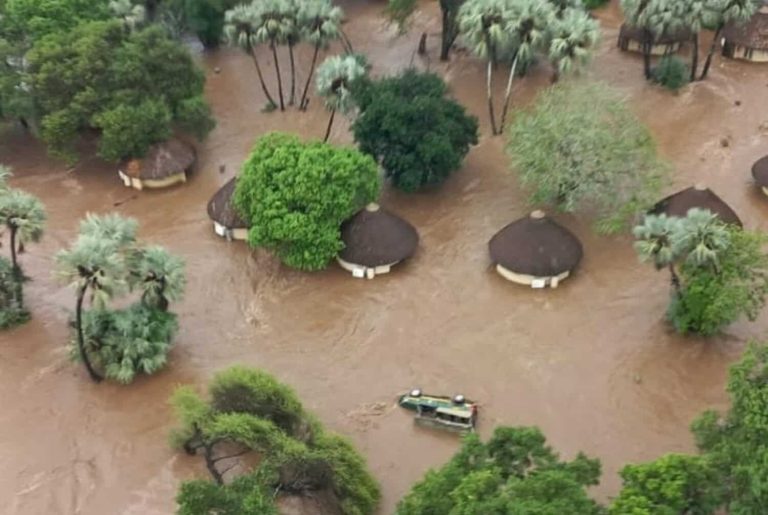
Eritrea has dismissed Ethiopia’s accusation that it is preparing for war, branding the claim as “provocative sabre-rattling” and a “deceitful charade”, as tensions continue to escalate between the two Horn of Africa neighbours.
Relations between Asmara and Addis Ababa have grown increasingly strained in recent months, more than three decades after Eritrea gained independence from Ethiopia following a long and bitter liberation struggle.
Earlier this month, Ethiopia’s foreign ministry sent a letter to UN Secretary-General António Guterres, accusing Eritrea of colluding with a hardline faction of the Tigray People’s Liberation Front (TPLF) to “wage war.”
The letter, signed by Ethiopia’s foreign minister, alleged that Eritrea and the TPLF faction were “funding, mobilising, and directing armed groups” in the Amhara region, where federal troops have been battling local insurgents for years.
Responding to the allegations, Eritrean Information Minister Yemane Ghebremeskel told AFP that the claims were part of an orchestrated campaign by Ethiopia to stir regional instability.
“The intense propaganda campaign aimed at whipping up irredentist ambitions has been accompanied by provocative sabre-rattling,” Ghebremeskel said, condemning Addis Ababa’s letter as a “deceitful charade.”
In a separate letter addressed to the UN Secretary-General and received by AFP on Thursday, the TPLF described Ethiopia’s accusations as “entirely unfounded”, warning that the federal government appeared to be “building a case for yet another war in the region.”
“It is an attempt to portray the aggressor as the victim and the victims as the aggressor,” the TPLF stated, calling for African Union and international mediation to avert renewed conflict.
Historical Hostility Resurfaces
Eritrea’s 1993 independence formally ended decades of conflict, but the peace was short-lived. A bloody border war between the two countries erupted from 1998 to 2000, leaving tens of thousands dead.
Relations warmed briefly in 2018 when Ethiopian Prime Minister Abiy Ahmed and Eritrean President Isaias Afwerki signed a historic peace agreement, earning Abiy the Nobel Peace Prize a year later.
However, ties deteriorated again after Eritrean troops fought alongside Ethiopian federal forces in the Tigray war (2020–2022), a brutal conflict that left an estimated 600,000 people dead, according to the African Union.
Renewed Friction Over Port Access
The latest friction centres on Ethiopia’s renewed push for access to the Red Sea, which it lost following Eritrea’s independence. Asmara accuses Addis Ababa of attempting to undermine Eritrea’s sovereignty under the guise of seeking “legal access” to the Assab port in southeastern Eritrea.
“For the last two years, the regime’s policy mantra has revolved around acquiring sovereign access to the sea — through legal means if possible, or military force if necessary,” Ghebremeskel said.
In June, a report by a US monitoring group alleged that Eritrea was rebuilding its army and destabilising its neighbours — a claim Asmara dismissed, accusing Ethiopia of fuelling “new tension in the region.”
A Fragile Peace Under Threat
With both sides trading accusations and tensions mounting over sovereignty and regional influence, the once-promising peace between Ethiopia and Eritrea appears increasingly fragile — raising fears of yet another conflict in a region still recovering from years of war.



